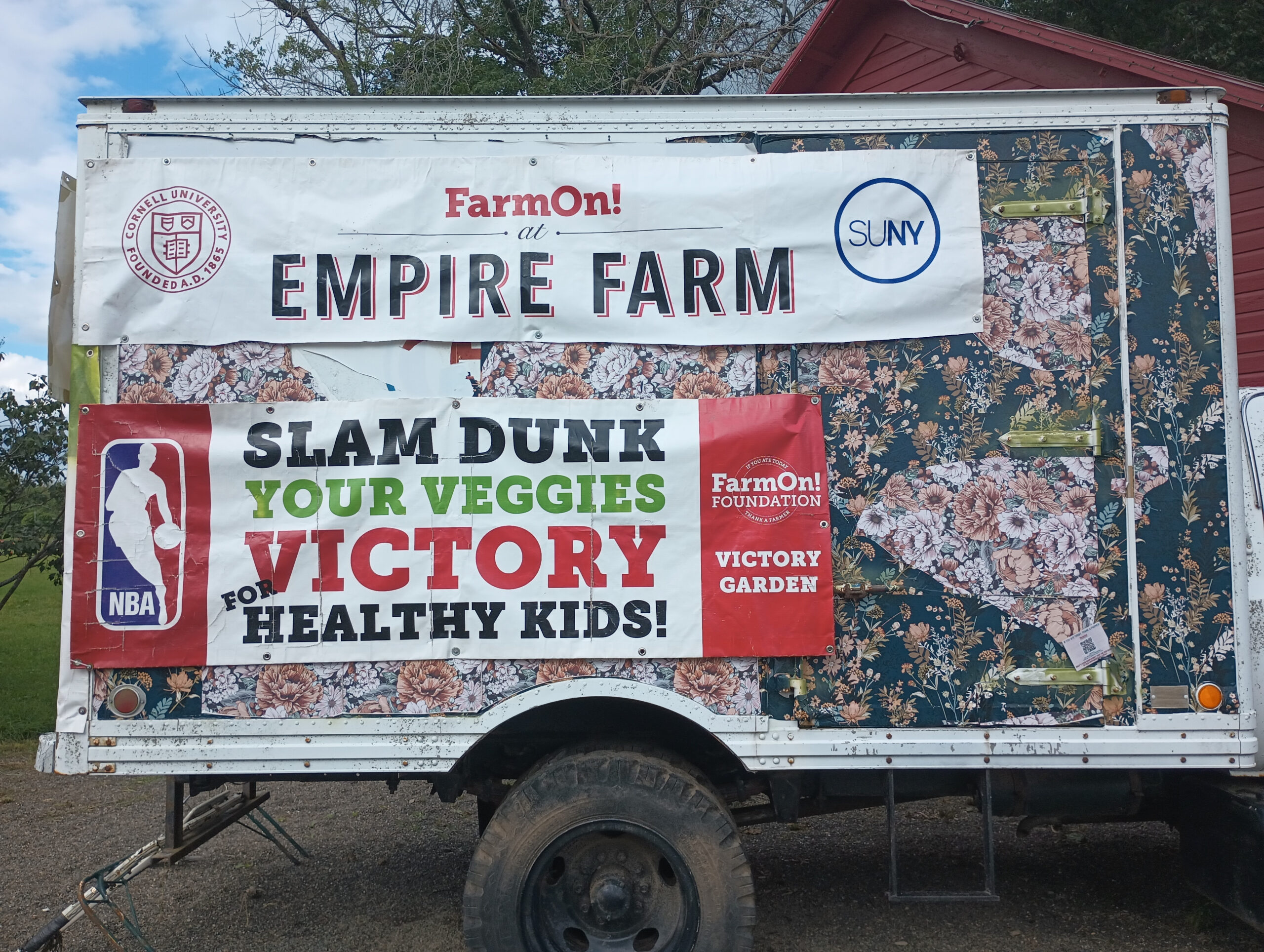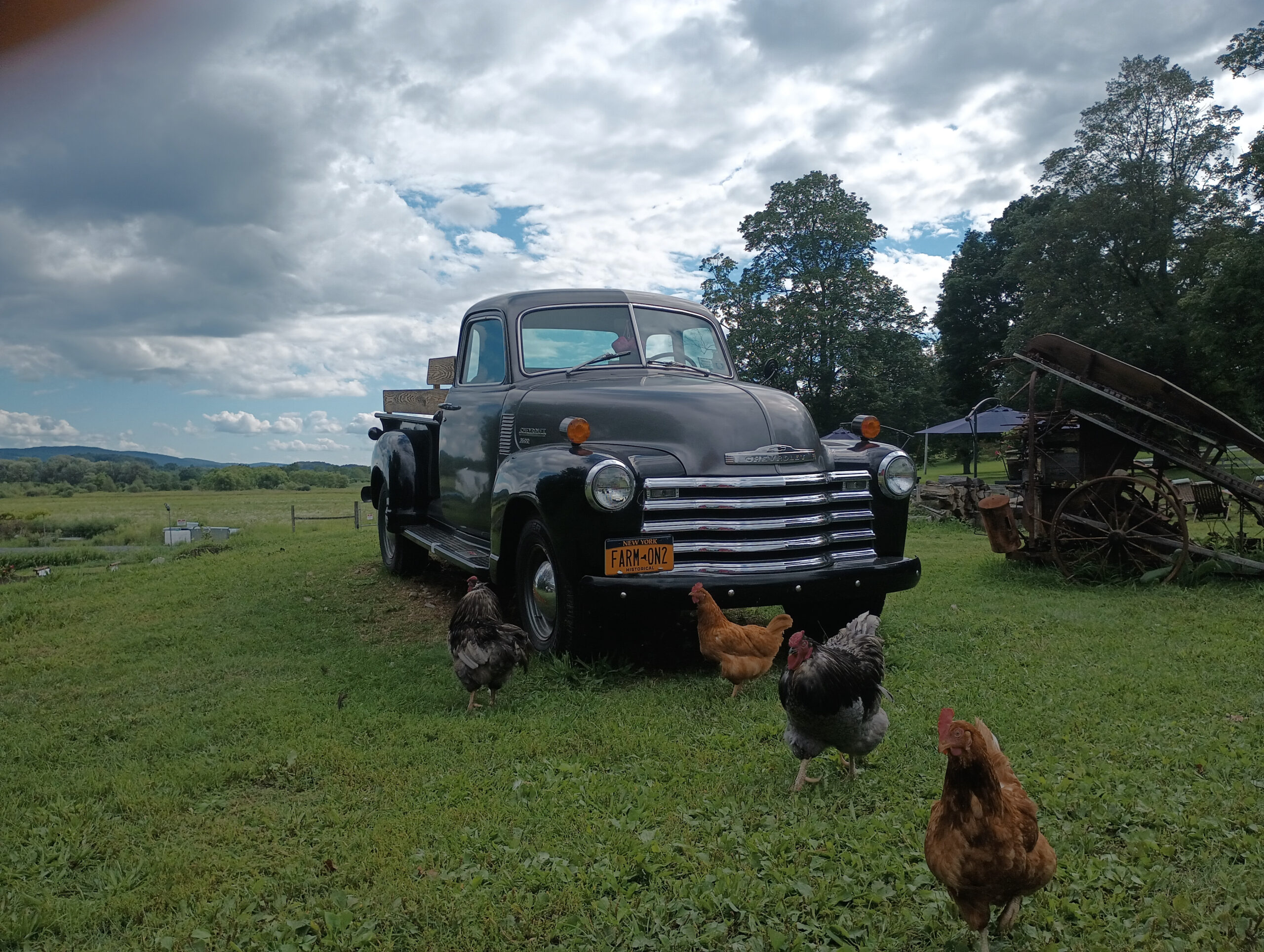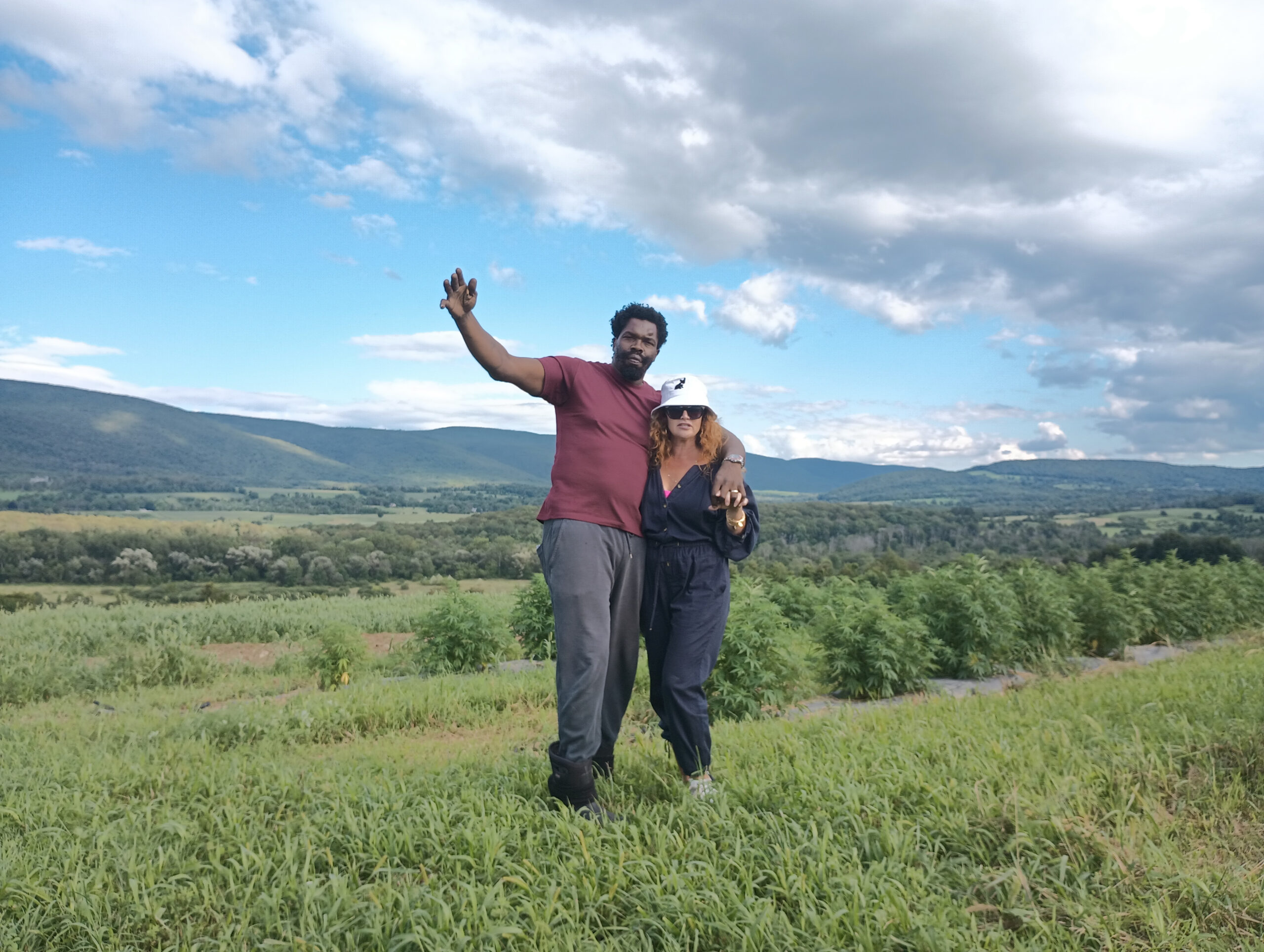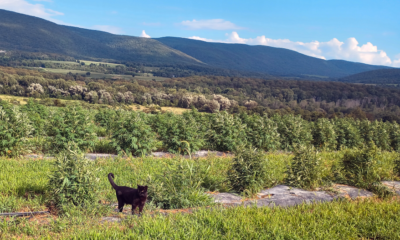ANOTHER AUGUST Friday was coloring down into sunset in upstate New York. Some of the locals and visitors to the small town of Copake, NY were on their way to the local farmers market. Empire Farm, a community-supported agriculture (CSA) program, is just about a half mile from the center of town and brings a host of fresh goods to market, including vegetables, ice cream, honey… and cannabis.
New York legalized recreational weed for adults in 2021. By then there had already been more-or-less successful rollouts of adult-use cannabis in other U.S. states, notably California, Colorado and Washington. The Empire State had several regulatory roadmaps to help plot a relatively tried-and-true rollout of its own legal recreational framework.
But New York has a habit of doing things its own way. Two years later, there are only 23 licensed rec dispensaries in a state with a population of around 20 million people.
“Debacle,” says Tessa Williams when the current state of New York cannabis comes up. Tessa and her husband Eric Williams, who played 13 seasons in the NBA, run Empire Farm, a licensed THC+ cannabis and hemp producer in Columbia County.
“Why does this word keep coming into my head?” she ponders as she maneuvers a John Deere Gator up a steep hill with Eric. A sleepy cat named Lady-King slides about on the utility vehicle’s yellow seat. A sweaty bottle of Bordeaux idles in the drinks holder. From the top of the rise, you can see the Berkshires, the Taconics and even the tops of the Catskill Mountains. The farm—once an Astor family estate in the 1800s—appears before us like a painting from the Hudson River School.
Teach Your Children Well
Empire Farms doesn’t exist for cannabis. The Williams’ original plan was to help children and adults learn where their food was coming from and how it’s made. The couple set up a foundation called FarmOn as a 501(c)(3) with the goal of filling the “succession gap” on family farms in rural America, which are slowly being left with nobody to run them.

BAMBOOZLED: Eric and Tessa Williams invested big bucks to supply a NY legal cannabis market that was promised but still hasn’t materialized.
Cannabis as a crop was merely meant to be a “cash-cow,” to help ensure FarmOn had the capital it needed to continue the project, Eric Williams says. At the moment, that’s not happening—largely because of the state’s slow rollout of its adult-use program.
“It’s a debacle no matter how you look at it,” Tessa says. She’s not talking about just her farm, but all the farms in upstate New York that believed growing cannabis would be the next big opportunity in agriculture.
Why did they think that? Because state regulators told them that there would soon be hundreds of dispensaries up and running from New York City to Buffalo and everywhere in between. Someone was going to have to supply all that weed. It was almost too good to be true for farmers—the prospect of a captive audience who could only buy from New York growers due to the federal ban on interstate transport of THC+ biomass and extracts.
As it turns out, it really was too good to be true.
Advertisement
Crashing Back to Reality
There are several reasons the cannabis program has got off to such a slow start. Losing legal cannabis’ champion in Albany, Gov. Andrew Cuomo, to his unpopular proclivities in a #Me Too world certainly didn’t help. Add to that the way government in New York seems to expand faster than the programs they manage, and it was a recipe for red-tape disaster.
New York’s licensed cannabis farmers—some 200 of them—were growing crops based on the idea of a swift rollout. That work and investment wasn’t something they could easily stop. Last November, Bloomberg News calculated there was around $750 million worth THC+ biomass just sitting in New York storage facilities, losing potency and visual appeal because there was largely nowhere to sell it. There was some relief to be found with buyers for unlicensed operations in NYC and elsewhere—but hardly enough to put a dent in the estimated 300,000 pounds of idle inventory that had been harvested.
“So they gave us a band-aid,” says Eric Williams. The New York Office of Cannabis Management (OCM) offered a temporary fix to the problem: Let growers sell their cannabis product at farmers markets. With farms like the Williams’ hemorrhaging product and money and no sign of movement on dispensary openings, it was at least something.
Well, not exactly. As many good ideas go, once the bureaucratic rubber met the road, things got complicated. New York’s farmers market cannabis scheme, dubbed the Cannabis Showcase program, wasn’t nearly as simple as the state promised. Participants like Empire Farm couldn’t just bring flower and other THC+ product to a farmers market and sell it.

KEEP ON TRUCKIN’: Empire Farm participates in NY’s Cannabis Showcase program while waiting for the state’s sluggish adult-use market rollout to finally pay dividends.
Playing Cops & Jobbers
For one thing, the OCM rules require sellers like the Williamses to police the ages of customers at Cannabis Showcase venues. That’s not a function that family farms are built to do and the state wasn’t helping out with the operational logistics of verifying ages, Eric Williams says.
Barring people under 21 from entering their space was immediately problematic for growers. It still is. At the Cannabis Showcase event this past August, word came to the Williamses that a member of the Copake Town Board had tried to get into the old barn where cannabis goods were being sold. He’d been rejected for not having ID, despite being obviously of legal age. The board member had ridden his bicycle over to see how things were going and didn’t bring his wallet.
Tessa Williams rolls her eyes at the news and packs us all into the Gator to drive down the hill to the farm to vouch for the Copake board member.
Advertisement
“Well, it proves we are doing what we said we would do,” Eric says.
The upshot is that a small crowd has gathered in the Cannabis Showcase barn when we arrive. Chickens peck about in the dust. A mastiff the size of a small pony watches unconcerned from a kitchen door.
On offer is flower, pre-rolls, chocolate bars and gummies brought in by area growers and artisan confectioners. The vibe is energetic and hopeful—perhaps because this is the last port in the NY rec storm. There’s really no other way anytime soon to go about making back money already long ago invested.
“We’re farmers,” says Tessa, who grew up farming in the icy north of New York at the Canadian border. “We take what Mother Nature gives us and we deal with it. We farm on.”




















